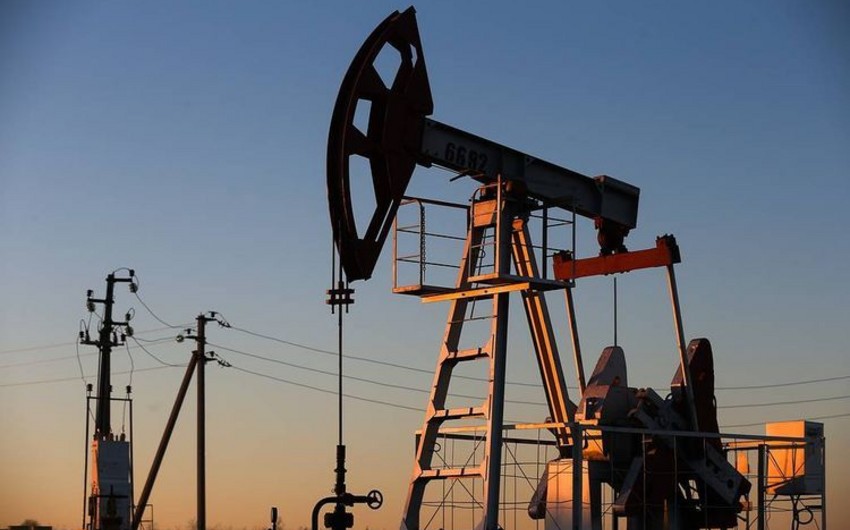Investment in the UK’s North Sea has been damaged by a windfall tax on producers that also threatens to derail mergers needed to help the sector survive, industry bosses and analysts have said, Report informs via the Financial Times.
Shares in UK-focused producers have slumped despite a 30 percent rise in the MSCI’s global energy index since Russia invaded Ukraine in early 2022, and government data shows a big drop in their profitability.
While there has been an 8 percent rise in the price of crude oil since the end of 2021, the gross operating surpluses of North Sea operators fell from £11.1 billion in the third quarter of 2022 to £2.3 billion in the final three months of 2023.
The UK introduced an “energy profits levy” on oil and gas producers in May 2022 with the aim of raising an initial £5 billion, after an outcry over record profits at BP and Shell. In March, it was extended by a year to end in 2029. Including this 35 percent levy, industry profits are now taxed at 75 percent in the UK.
The smaller independent operators that mainly work the North Sea — after the majors retreated in recent years — say they have taken the brunt of the pain from the high tax rate because UK waters account for a bigger proportion of their operations. They argue that benefits from oil price movements since the start of the Ukraine war have generally accrued to the majors, which have diversified businesses, and trading companies.
Many in the industry are worried about the future for investment in the UK’s ageing basin.


 https://static.report.az/photo/d50bd885-6ca3-3b65-99a3-991f72fe7d39.jpg
https://static.report.az/photo/d50bd885-6ca3-3b65-99a3-991f72fe7d39.jpg

